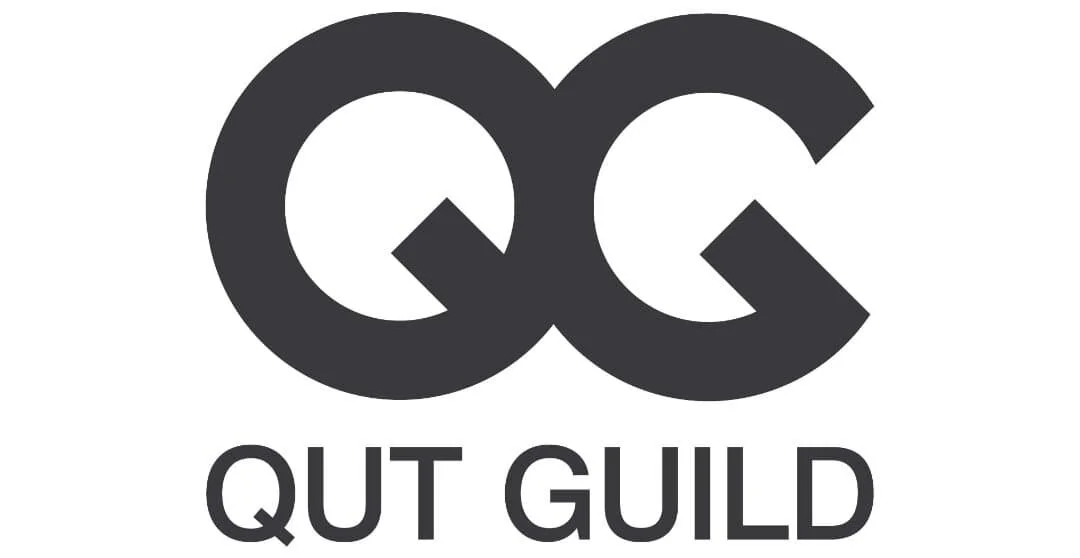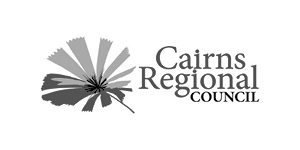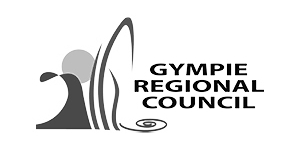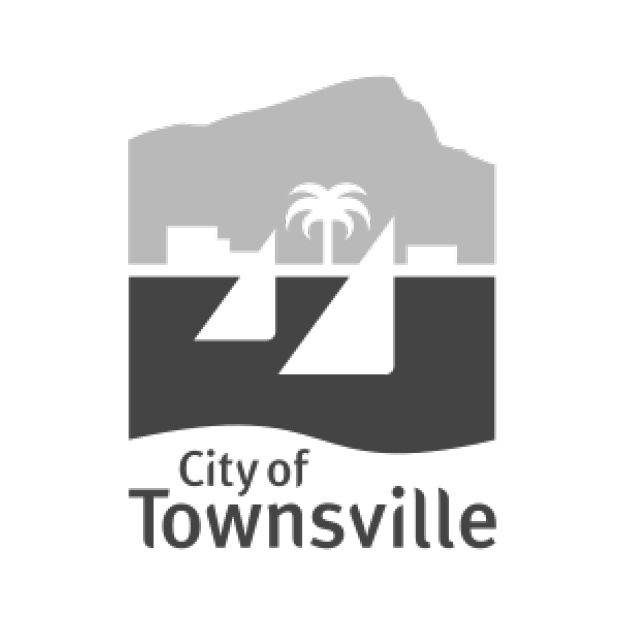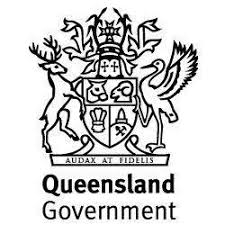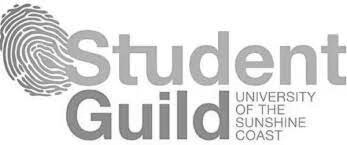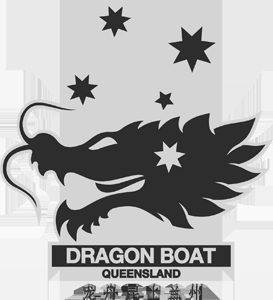Board Induction Training for Club Management Committee and Board Members
You’re voted in as a new committee member… now what?
As a volunteer for a sports club or community organisation in Australia, you play a crucial role in the success of your group. You invest your time, effort and skills to help your community thrive. However, being a volunteer can also be challenging, especially if you're new to the role. That's where a board induction training session can make all the difference.
Board induction training is a vital process that helps new board members understand their roles and responsibilities and become familiar with the organisation's operations, constitution, policies, structure and culture. This type of training is particularly important for sports clubs and community organisations that rely on volunteers to run their programs and services effectively.
It helps new board members understand their roles and responsibilities
Board induction training is crucial for new board members to have a clear understanding of their roles and responsibilities. From our experience, most volunteers in sports clubs and community organisations do not have any prior experience in governance or board membership. Therefore, providing them with a comprehensive overview of their roles, duties, and obligations can help them understand their responsibilities and make informed decisions that contribute to the organisation's success.
Board members have legal and ethical responsibilities to ensure the organisation operates in compliance with relevant laws (Acts) and Australian regulations. These leadership positions also have a responsibility to uphold the organisation's mission and values whilst acting in the best interests of the members and exercising due diligence and care. Without a clear understanding of these responsibilities, board members may inadvertently put their organisation at risk, leading to potential legal or ethical issues.
It ensures consistency and continuity
Board induction training also helps ensure consistency and continuity in the organisation's governance and management. By providing new board members with a comprehensive overview of the organisation's mission, vision, values and strategic goals will ensure that everyone is on the same page soon after the board is voted in. This consistency can help avoid confusion, conflict and mistakes down the road and lead to happier volunteers.
It promotes accountability and transparency
Board induction training can promote accountability and transparency within the organisation by providing new board members with a clear understanding of their legal and ethical obligations. This understanding helps new board members appreciate the importance of their role.
During the training, new board members learn about the organisation's reporting and compliance requirements and the importance of regular reporting to stakeholders, such as members, sponsors, and the wider community. When board members understand the importance of transparency and reporting, they are more likely to act with integrity, disclose relevant information and make decisions that align with the organisation's values and mission.
Board induction training can help new board members understand the importance of effective communication and collaboration. This understanding can help create a culture of openness, where board members feel comfortable raising concerns and discussing issues, leading to more informed decision-making and better outcomes for the organisation.
It fosters engagement and collaboration
Board induction training can foster engagement and collaboration among board members and volunteers. By providing opportunities for new board members to meet and network with other volunteers, as well as learn about the organisation's history, achievements, and challenges, they can feel more connected and invested in the organisation's success.
New board members may not know other volunteers in the organisation, which can make them feel isolated or disconnected. Board induction training can provide a forum for new board members to meet other volunteers, build relationships, and learn from each other. This networking opportunity can help them understand the roles and contributions of other volunteers and foster a sense of teamwork and collaboration.
A sound understanding of the organisation's history can help board members appreciate the legacy, values, and purpose whilst feeling more invested in future success. Being familiar with the history can also help with identifying areas for improvement or growth and enable contributions to ideas for helping to move the organisation forward in a strategic manner.
It helps to identify and address knowledge and skill gaps
Board induction training can also help identify knowledge and gaps with skillsets that may exist among new board members. By assessing backgrounds, experiences and qualifications and comparing them to the organisation's needs and requirements, you can identify areas where additional training, mentoring or support may be necessary. This can help ensure that new board members have the tools and resources they need to make a meaningful contribution to achieving strategic goals. Additionally, ongoing training and development can help improve the organisation's overall performance and enhance the quality of services and programs it provides to the community.
Potential consequences
If the management committee or board members of a sports club or community organisation have limited skills and experience in a similar role and don't receive proper training, there can be several consequences that can affect the organisation's performance and reputation. Potential consequences can include poor decision-making, lack of accountability, inefficiencies, reduced member confidence, misconduct, regulatory issues and lawsuits.
In conclusion, board induction training is a crucial process that can benefit Australian sports clubs and community organisations in many ways. By providing new board members with the knowledge, skills and resources they need to perform their roles effectively, you can help ensure the organisation's success with continuity, accountability, transparency, sustainability and growth. If your organisation doesn't have a board induction training program, it's worth considering implementing this annually soon after your annual general meeting (AGM).
If you would like to learn more about CPR Group’s tailored board induction training sessions, contact our industry and governance experts. Email info@cprgroup.com.au, call us on 1800 100 204, or visit our website at cprgroup.com.au/contact




